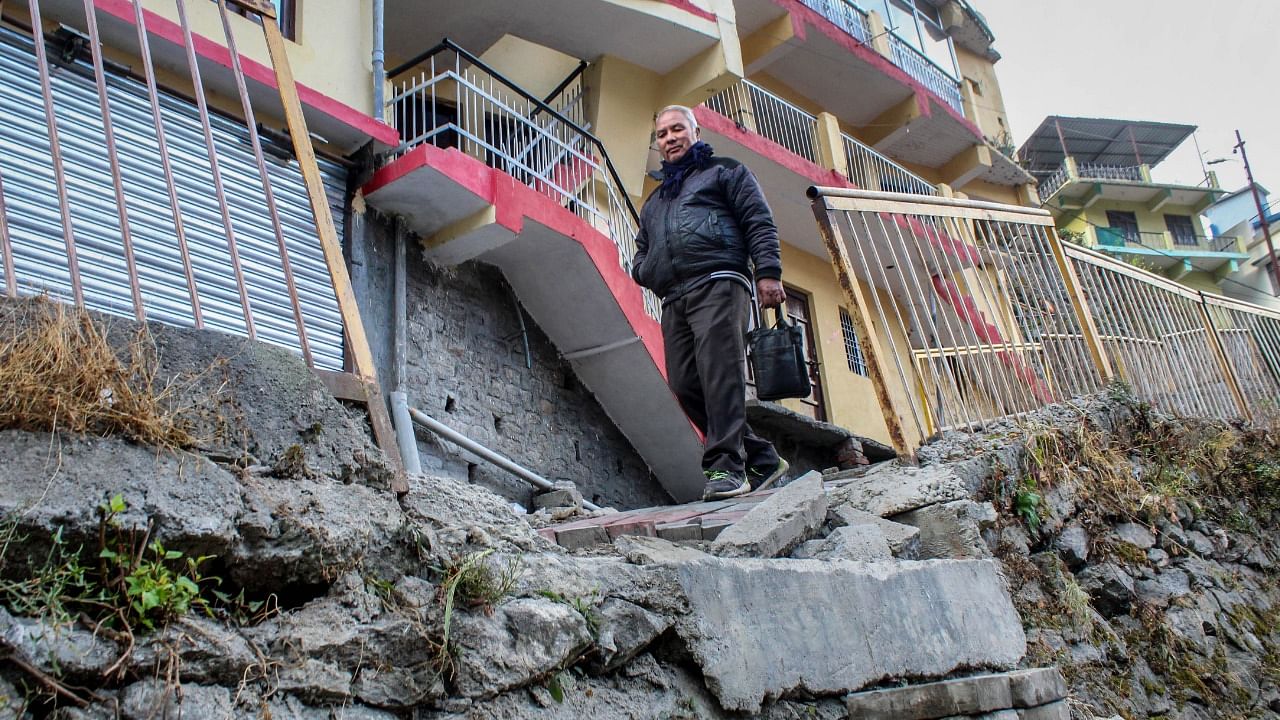
The National Disaster Management Authority’s ban on the dissemination of information on the situation in Joshimath is wrong and counterproductive. It has told government institutions and officials not to interact with the media or share information on social media about land subsidence in the town. About a dozen government institutes and scientific organisations have been given the instruction, which says that their “interpretation of the situation” was “creating confusion not only among affected residents but also among citizens of the country”. The NDMA instruction was issued after the Uttarakhand government told the agency that any report regarding Joshimath should first get approval from the Centre or the state government. The immediate trigger for the gag order appears to be a satellite imagery report of ISRO that indicates subsidence of about 9 cm in seven months. It had recorded “rapid subsidence” of around 5 cm in just 12 days since December 27. ISRO has since then taken down the report.
This is a bad way of handling a matter of public interest, especially a disaster. According to modern perspectives on disaster management, it is important to share information with the public and it is considered to be an effective technique to mitigate it. Studies have found that secrecy, ban on flow of information, and misinformation set back disaster management efforts. In Joshimath, cases of more cracks and subsidence are being found and reported. The absence of authentic information will lead to the spread of rumours and speculation. The Uttarakhand government has said that the ban was proposed to avoid panic. But rumours will create more panic than correct information. It has been stated that the gag order will be in place till the NDMA expert committee’s final report on the situation comes out. Misinformation will not wait for the report. Even the credibility of the report may be questioned because of the feeling, created by the gag order, that the authorities do not want “bad news” to get out.
Experts have questioned the use and desirability of the gag order. It is pointed out that satellite pictures of the event and the region, taken by foreign agencies and institutions, may be available and therefore the restrictions within the country would not make sense. The situation in Joshimath has evoked much interest outside the country. It should be remembered that the restrictions on information during the Covid pandemic had aggravated the situation. Such restrictions should not become practice, which will gradually become policy. Recently, there was a ban order on information about GM mustard. Such bans can turn out to be harmful in the case of natural disasters such as floods, cyclones or earthquakes. The NDMA should withdraw its order.